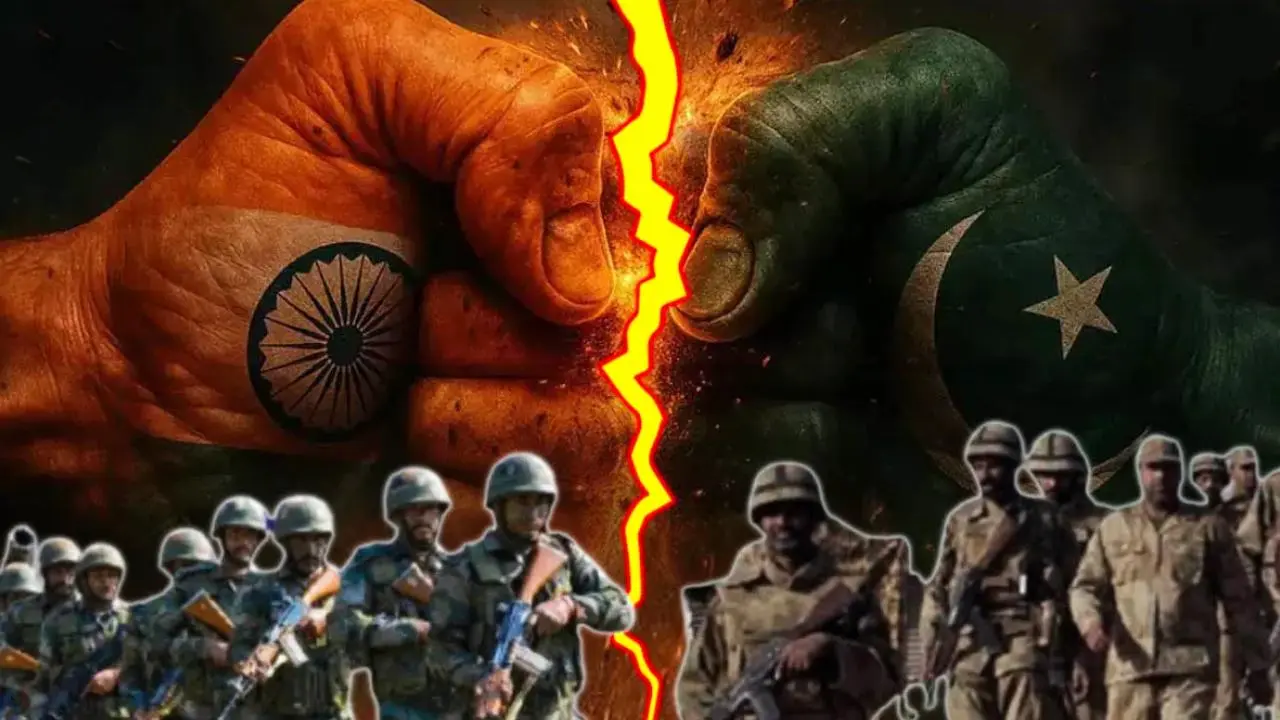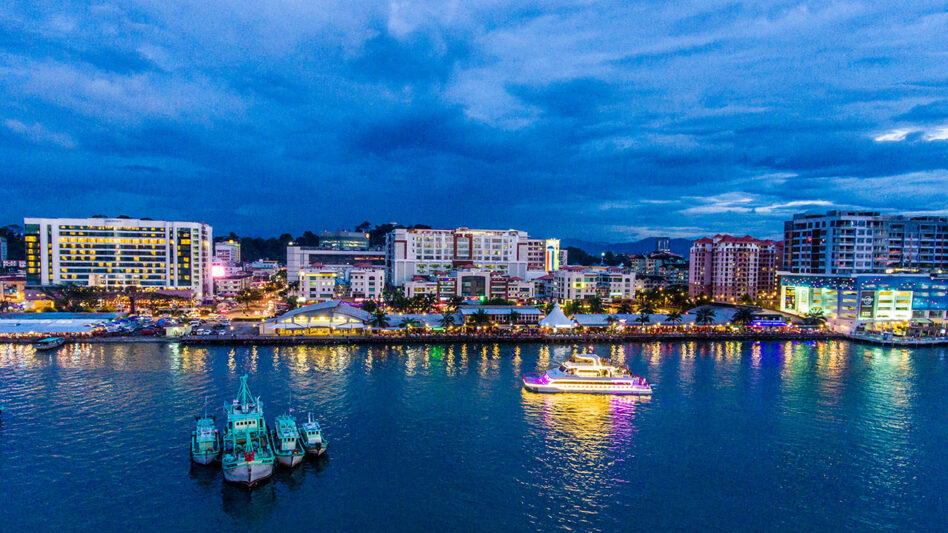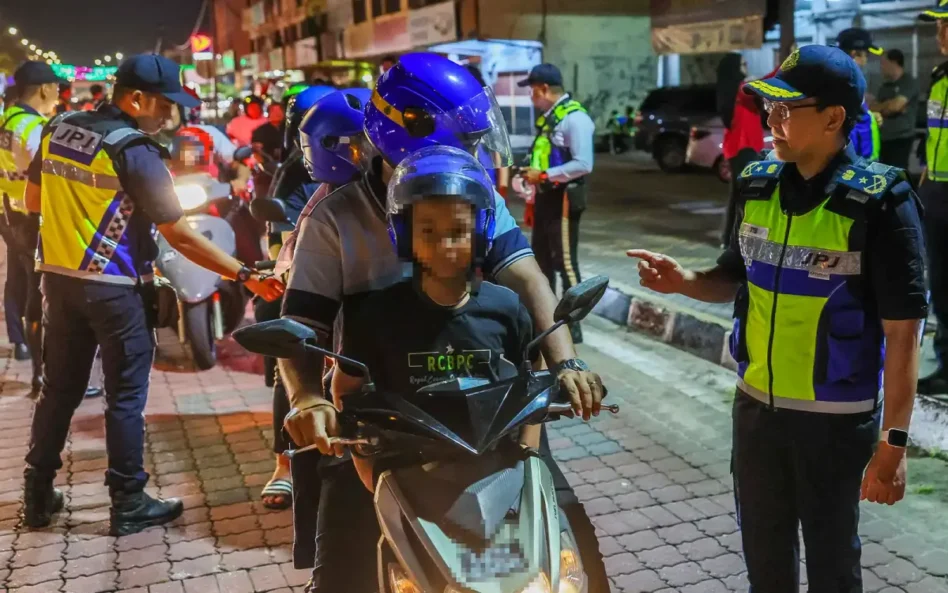WHILE questions abound with regard o Putrajaya’s ability to be a neutral peace broker as bitter neighbours India and Pakistan are now at risk of war, a geopolitical enthusiast has deemed trade and supply chains disruptions as Malaysia’s ‘biggest casualties’ should the undesirable happen.
“A renewed India-Pakistan conflict would carry several ripple effects for Malaysia,” analysed Harrelson Yee 🇲🇾 (@harrelsonyee) in a recent post on X.
Insert Tweet
“For Malaysia, a broader conflict or full-out war risks bottlenecks in essential imports, potentially driving up domestic prices and feeding into inflationary pressures.”
As it is, India and Pakistan are significant suppliers of staples with India being a major exporter of rice, sugar and pharmaceuticals while Pakistan supplies Basmati rice and textiles.
On this note, Agriculture and Food Security Minister Datuk Seri Mohamad Sabu a.k.a. Mat Sabu has revealed that nearly 40% of Malaysia’s imported rice came from India and Pakistan.
India supplied white rice while basmati rice came from Pakistan – both staples for most of Malaysia’s 34 million residents. “If the situation in that region escalates, it will certainly have a direct impact on us, particularly in terms of prices and supply continuity,” the Amanah president told mainstream New Straits Times on Tuesday (May 6).
Moreover, the current series of clashes and airstrikes have already led to border closures and airspace shutdowns with Malaysia Airlines and Batik Air having announced flight suspensions yesterday (May 7) citing “evolving security and operational concerns”.
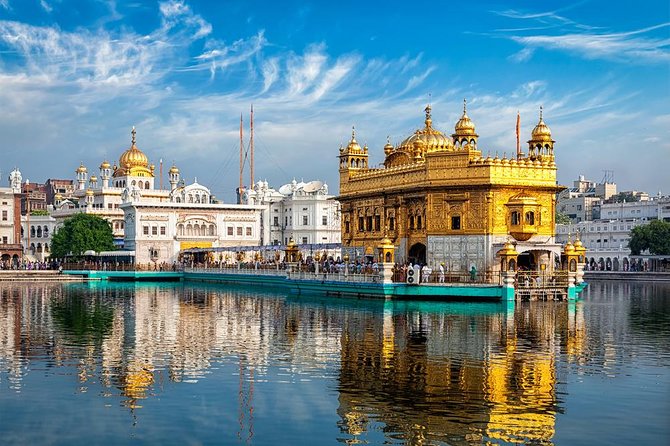
Delving further on economic repercussion to Malaysia, Yee expects a military flare-up between nuclear-armed India and Pakistan to spike oil and commodity prices on global markets.
“As both an exporter of palm oil and an importer of refined petroleum, Malaysia could see mixed impacts: higher palm-oil revenues but also increased fuel costs, squeezing manufacturing and transport sectors and putting upward pressure on consumer prices.”
Although the law student from Seremban does not foresee a “direct spill-over” from an ensuing regional security threat and humanitarian crisis, any large-scale refugee movements could draw Malaysia into a “broader ASEAN and UN discussions on crisis response and humanitarian aid”.
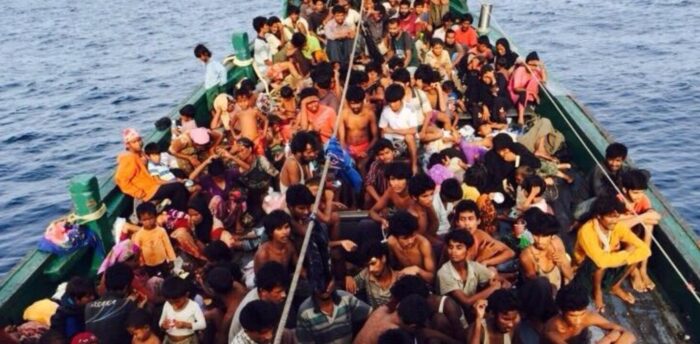
“The worst-case scenarios are it would upset supply lines in the Indian Ocean or overland routes through South Asia and could eventually involve Malaysian peacekeeping or relief contributions,” opined the reservist soldier.
Elsewhere, Yee also cautioned that Malaysia’s visa-friendly policies, diverse diaspora and reputation as a moderate Muslim country could unintentionally make it attractive to extremist individuals from either side.
“Such actors could use Malaysia as a transit hub for regional recruitment, money laundering, or online propaganda,” he warned. “This could trigger terror threats, diplomatic backlash or reputational damage if Malaysia is seen as passive or complicit.”
Interestingly, Yee had in an earlier post also took a swipe at what he deemed as uninformed commenters who would simply “rush in with ‘fix Malaysia first lah!’” every time Malaysia takes a diplomatic stance like offering to mediate tensions between India and Pakistan”.
“If Malaysia wants to be seen as a serious middle power or ASEAN leader, it must engage globally, not just navel-gaze. So, for the love of God, please STFU,” he coumselled.
“I stand with Wisma Putra. 🗣️🔥.” – May 8, 2025
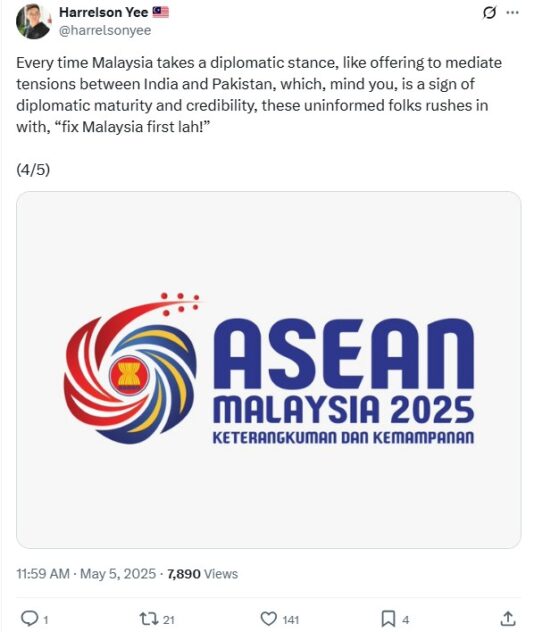
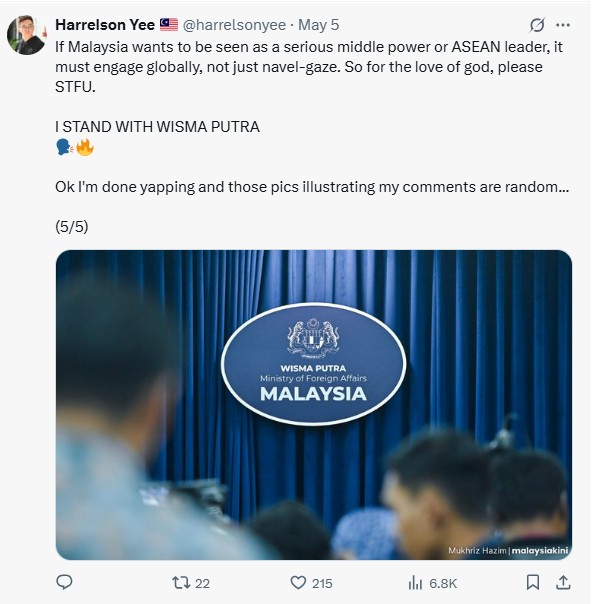
Main image credit: Radio City


